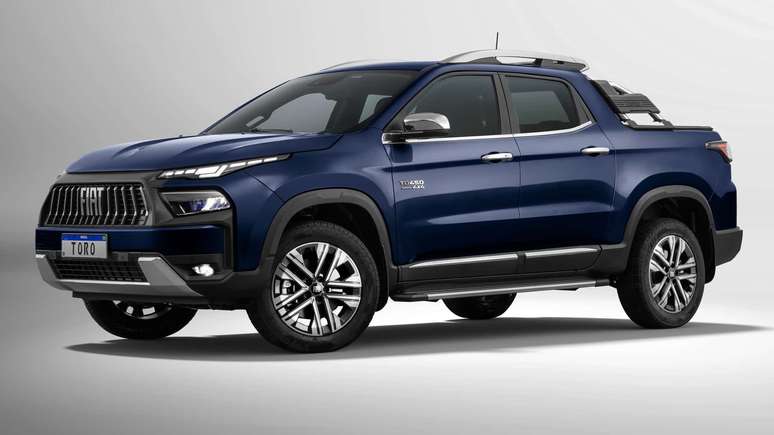Chinese officials and ordinary people are hopeful but nervous about Donald Trump’s return to the White House, eager to avoid a repeat of the trade war that drove a wedge between economic superpowers during his first term.
Chinese Vice President Han Zheng, in meetings with Tesla CEO Elon Musk and other members of the US business community in Washington before Trump’s inauguration, said he hoped US companies would “take root” in China and help stabilize bilateral relations, the official said. Xinhua News Agency.
In his first term, Trump imposed tariffs on more than $300 billion in Chinese imports. In recent months, he has said he would add tariffs of at least 10% to those already imposed on Chinese goods, a move that would hurt China at a time when its economy is struggling to find solid footing.
At the same time, the US president-elect took the seemingly conciliatory step of inviting Chinese President Xi Jinping to attend his inauguration this Monday. Xi sent Han in his place, a goodwill gesture since China was represented only by its ambassador in the previous two U.S. presidential inaugurations.
In their meeting on Sunday, Han told Musk, nominated by Trump to lead a department aimed at creating a more efficient American government, that he “welcomes Tesla and other US companies” to share the benefits of China’s development and contribute to relations between China. and the United States.
The vice president’s meeting with US companies was chaired by FedEx CEO Rajesh Subramaniam, on the US side, and attended by heads of eight companies from various sectors, including technology, banking and logistics, according to a North American executive in the room , who added that the meeting went beyond the scheduled time and was very cordial.
“(Han Zheng) is seen as someone who, because of his time in Shanghai, understands the concerns of the foreign business community and understands the economy,” Michael Hart, president of the American Chamber of Commerce in China, told Reuters in Beijing.
Xi and Trump were upbeat after speaking by phone on Friday, with Trump calling the conversation “very good” and Xi saying they both hoped for a positive start to US-China relations.
Mao Ning, spokesperson for China’s Foreign Ministry, spoke of “a new starting point” in China-US ties at a press conference on Monday.
But for all the cordiality between the two superpowers, a sense of déjà vu persists among those who remember how quickly ties deteriorated during Trump’s first term.
“From now on, until the situation is a little clearer, all of our U.S. customers will have to pay up front,” said Dominic Desmarais, head of solutions at Lira Solutions, a Suzhou-based company that connects Chinese manufacturers with foreign buyers of everything from toys to furniture and titanium products.
“If Donald Trump really imposes 40% taxes, or something like that, on Chinese products coming into the United States, I don’t want to be stuck with products tailored for specific customers that just disappear,” he added.
“This happened a lot, seven, eight years ago, when Donald Trump imposed 25% tariffs on 85% of raw materials coming out of China.”
Another trade war would leave China far more vulnerable than when Trump first raised tariffs in 2018, as the country faces, among other challenges, a deep housing crisis, huge local government debt and youth unemployment of 16%.
Source: Terra
Rose James is a Gossipify movie and series reviewer known for her in-depth analysis and unique perspective on the latest releases. With a background in film studies, she provides engaging and informative reviews, and keeps readers up to date with industry trends and emerging talents.







